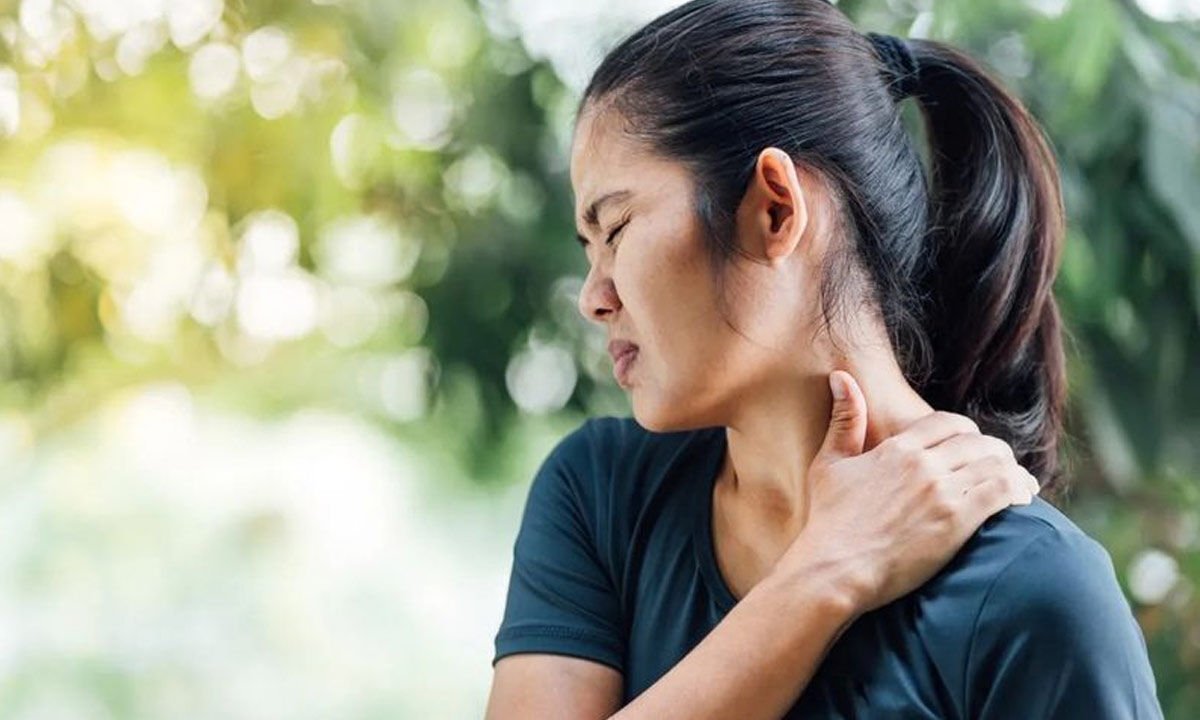Women’s bone health is increasingly at risk from a lack of Vitamin D, a vital nutrient also known as the “sunshine vitamin.” This important vitamin is essential for keeping bones strong and preventing diseases such as osteoporosis and arthritis. However, experts are sounding the alarm about Vitamin D deficiency, especially among women who are more susceptible to bone-related problems.
Vitamin D plays a pivotal role in absorbing calcium, which is essential for bone strength. Without sufficient vitamin D, calcium supplements alone will not be effective. Deficiency of vitamin D makes bones weak and brittle, making them more susceptible to fractures and osteoporosis (a disease characterised by reduced bone density and increased fragility). Dr Akhilesh Yadav, Associate Director, Orthopaedics and Joint Replacement, Max Hospital, Vaishali, highlights the importance of vitamin D in bone health. “We often come across women with bone problems associated with low vitamin D levels. This nutrient is essential for calcium absorption, which in turn keeps bones strong. Many women do not get enough vitamin D, increasing the risk of osteoporosis and fractures,” explains Dr Yadav.
Osteoporosis is a major concern for women, especially after menopause, as hormonal changes affect bone density. The condition often begins with low vitamin D levels, as age-related factors reduce the skin’s ability to produce this essential vitamin from sunlight.
Dr Sagar Hinglajja, consultant orthopaedic surgeon at Viral Amin General Hospital, Vadodara, highlights the widespread problem of vitamin D deficiency. “Maintaining adequate vitamin D levels is essential for optimal bone health. Vitamin D deficiency can lead to serious health problems, with osteoporosis being a major concern for women, especially post-menopausal women,” he says.
Symptoms of vitamin D deficiency are often subtle but can manifest as chronic fatigue, bone pain and muscle weakness. Regular monitoring is essential, especially for women over 40 who are at higher risk of osteoporosis. Dr. Hingladija advises, “Regular testing of vitamin D levels is important. If levels remain low, intervention with supplements may be necessary, but it is important to consult your healthcare provider to avoid potential side effects from inappropriate self-treatment.”
Vitamin D is synthesised when skin is exposed to sunlight, especially midday sun between 10am and 3pm. However, lifestyle factors such as working indoors and lack of sun exposure contribute to widespread vitamin D deficiency. Dr Hingladija points out, “Many people miss the optimal time for vitamin D synthesis due to lifestyle choices and misconceptions. It is important to spend at least 10 to 30 minutes in the midday sun several times a week, balancing sun exposure with skin protection through activities such as walking or gardening.”
Diet also helps manage vitamin D levels. Foods rich in vitamin D, such as oily fish, fortified dairy products, mushrooms, and eggs, can help replenish the nutrient. However, dietary sources alone may not be enough. If your exposure to sunlight or dietary intake is limited, you may need a vitamin D supplement. “If your exposure to sunlight or dietary intake is limited, consider taking a vitamin D supplement. Talk to your doctor about the appropriate dosage and get your vitamin D levels tested regularly to prevent deficiency,” advises Dr. Yadav. In summary, ensuring adequate vitamin D is essential to maintaining bone health, especially for women who are at high risk of osteoporosis. By balancing sun exposure, maintaining a healthy diet, and monitoring vitamin D levels, women can protect themselves against bone-related problems and enjoy a healthier, more active lifestyle.

